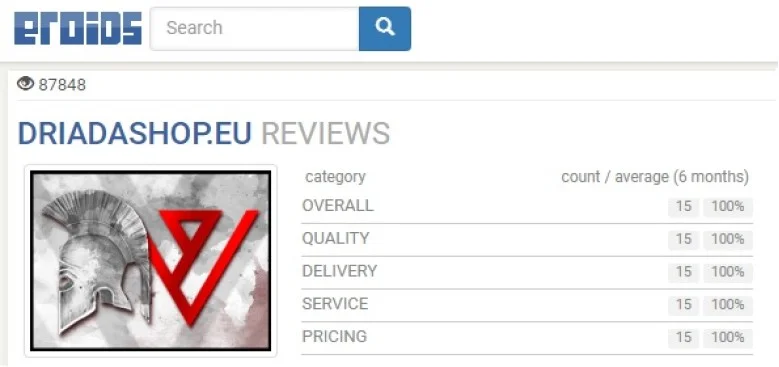-
Your shopping cart is empty!

7 Compelling Reasons to Embrace Progress Tracking in Your Fitness Journey
When it comes to achieving your fitness goals, be it gaining muscle, shedding pounds, enhancing overall health, or optimizing your athletic performance, one essential aspect often underestimated is tracking your progress. While regular workouts, balanced nutrition, and creating an ideal hormonal environment play pivotal roles, the significance of quantifiable data is often overlooked. The fundamental principle is straightforward: what you measure and monitor can be managed and improved. In this article, we'll explore seven compelling reasons why monitoring your progress and tracking relevant data are vital for your success in the realm of fitness:
-
Setting Clear Objectives
Establishing well-defined goals serves as the cornerstone of any successful fitness plan. However, setting vague objectives like "getting fit" or "losing weight" can prove ambiguous, demotivating, and perpetually out of reach. Instead, opt for SMART objectives: specific, measurable, attainable, relevant, and time-bound. For instance, aiming to "increase bench press weight by 10% for the same number of reps within three months" offers a clear and achievable target, far superior to the nebulous goal of merely "improving bench pressing skills."
-
Monitoring Progress Over Time
Progress in the realm of fitness is typically gradual and often inconspicuous on a day-to-day basis, especially for experienced individuals. This is where diligent data collection comes into play. Regularly recording metrics such as weight, body fat percentage, muscle mass, and exercise performance empowers you to identify trends and make necessary adaptations to your routine.
-
Motivation and Accountability
Witnessing tangible progress can serve as a potent motivator, and sometimes, these improvements are best seen in numbers rather than in the mirror's reflection. Tracking your accomplishments, no matter how small, instills a sense of achievement and holds you accountable to your fitness regimen. Knowing that you're monitoring your progress can deter you from skipping workouts or deviating from your dietary plan.
-
Identifying Plateaus and Adjusting Strategies
Plateaus are a common occurrence in fitness journeys, often accompanied by frustration and discouragement. However, they also signify that it's time to introduce change. Armed with data, you can pinpoint when progress stalls and make precise adjustments to your training, dietary choices, hormonal strategies, or recovery methods.
-
Preventing Overtraining and Avoiding Injury
Overtraining poses a genuine threat to fitness enthusiasts, potentially leading to fatigue, reduced performance, and even injuries. By tracking vital indicators like resting heart rate, sleep quality, and perceived exertion levels, you can identify early signs of overtraining and implement necessary rest days or de-load periods before it escalates.
-
Celebrating Milestones
Acknowledging small victories along the way is essential. Whether it's completing a mile run without stopping, achieving a new personal best in a lift, or dropping a clothing size, these accomplishments mark tangible progress toward your ultimate goal. Rather than feeling trapped by your long-term objective, tracking your data allows you to recognize and appreciate these gratifying milestones.
-
Enhanced Decision-Making
Armed with accurate data, you gain the tools needed to make well-informed decisions about your fitness routine. For instance, if you're not seeing progress in a specific exercise, data analysis can help pinpoint potential issues related to technique, intensity, periodization, or recovery that require adjustment.
In virtually every aspect of life, and particularly in the realm of fitness, what you measure becomes manageable with greater efficiency. Incorporating measurements and data tracking into your fitness journey provides clarity, motivation, and the flexibility to adapt along the way. Remember, it's not just about the destination but also the journey itself. Tracking your progress ensures that this journey remains efficient, effective, and, above all, sustainable. So, whether you prefer a traditional notebook, a fitness app, or any other tracking method, start monitoring your path towards your goals as soon as possible. Your future self will thank you for it.


